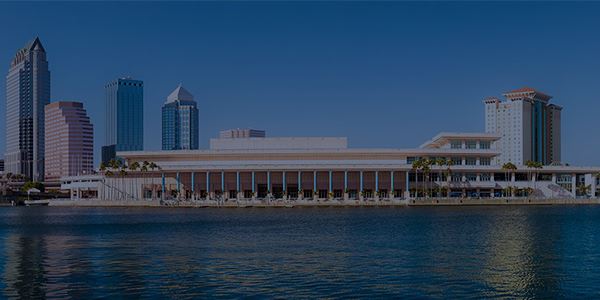
FAQ
Frequently Asked Questions about Immigration
Answered by Our Knowledgeable Immigration Lawyers
For those who are unfamiliar with immigration law, immigration can be a complex and highly confusing subject. There are specific laws that dictate which visas are available, the qualifications for obtaining those visas, and the process that must be followed to be granted a visa. Knowing which of the multiple visas available would best suit your needs, understanding the difference between an immigrant visa and a non-immigrant visa, and correctly filling out the application can mean the difference in your visa application being approved or denied. In order to assist you, we have compiled some of the most frequently asked questions our attorneys have received.
If you have additional questions about immigration or need to apply for a visa, contact an immigration lawyer at our firm right away at (800) 708-4399.
-
FAQ
-
What types of visas are available if I want to come to the U.S. for a visit or temporary stay?
If you wish to visit the United States temporarily or be granted entry for a very specific period of time, you will need a non-immigrant visa. Some of the most common types of non-immigrant visas are a student visa (should you be looking to further your education and skills), business investor visas (if you are planning on coming to the U.S. to invest in a business), or a travel visa (if you wish to do some traveling in the U.S.).
-
What type of visa should I get if I want to become a permanent U.S. resident?Depending on your current immigration status or situation, there are a number of visas available to foreign nationals wishing to permanently immigrate to the United States. There is a fiancé(e) visa (if you are a foreign national engaged to a U.S. citizen), family visas (if you have or are the relative of a U.S. citizen and wish to immigrate to the U.S.), a work visa (if you have unique skills or requirements which make you a hot commodity in a particular field or industry), and more.
-
How long will my Green Card remain valid?Permanent residency, obtained through a Green Card, allows a foreign national to live and work in the United States on a potentially indefinite basis. When a Green Card is first issued, it is often a temporary Green Card and is valid for two years. After the first two years, providing you have not been convicted of any criminal activity and have maintained your eligibility status, you can apply for a permanent residence visa which is valid for 10 years.
-
Once I obtain a Green Card, what do I need in order to obtain citizenship through naturalization?Once an individual has been granted a Green Card, and if they wish to obtain U.S. citizenship through the naturalization process, there are certain requirements that must be met. You must have been physically present in the U.S., as a Green Card holder, for at least 50 percent of the time. You must not be away from the U.S. for any more than one year, and ideally less than six months prior to your citizenship application. You must not have committed a serious crime of moral turpitude. You must be able to write and speak English, and more. Consult with one of our attorneys in order to get a complete list of the qualifications and requirements.
-
My visa has expired. What can I do?If your visa has expired, the first thing you need to do is contact an immigration attorney from our firm. We can sit down with you, review your current status and situation, and then help you determine the best course of action to pursue. Time is of the essence when it comes to expired visas, so we advise you do not delay.
-
I am in the United States on a temporary visit and wish to obtain a permanent visa. What can I do?Changing immigration status while in the United States can be difficult, and there is no guarantee it can be done. If it is possible, and what you will be required to do, vary from person to person. That is why this kind of question can only be answered after consulting an experienced immigration attorney. Our attorneys can take the time to review your status and case, analyze the situation at hand, and help you map out the course of action best geared to accomplish your immigration objectives.
-
I have received a deportation order. Is there anything I can do to avoid being deported?If you receive a deportation order or notification, the first thing you must do is contact a knowledgeable immigration attorney at our firm—one who can work with you closely to build your deportation defense. You need an attorney who understands and is skilled in all aspects of immigration law. Our attorneys are committed to providing you with the honest, aggressive representation you need.
-
Our Locations
-
 Tampa (Main Office)
Tampa (Main Office) -
 Tampa (Immigration Help Center)
Tampa (Immigration Help Center) -
 Philadelphia Office
Philadelphia Office -
 Jacksonville Office
Jacksonville Office -
 Dade City Office
Dade City Office -
 Orlando Office
Orlando Office





